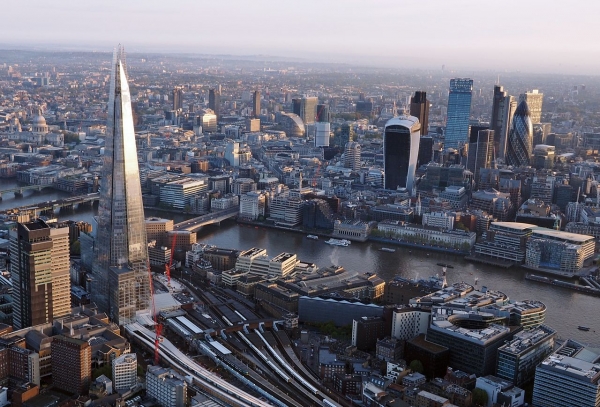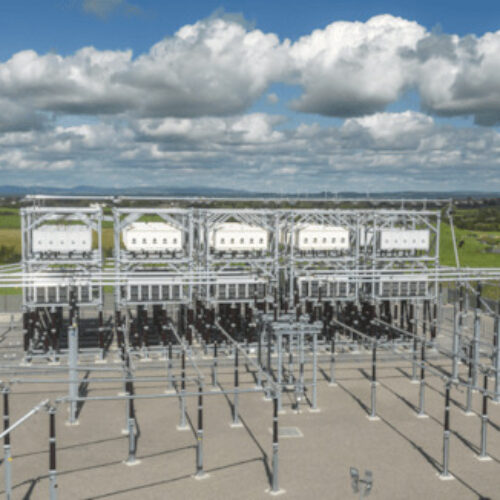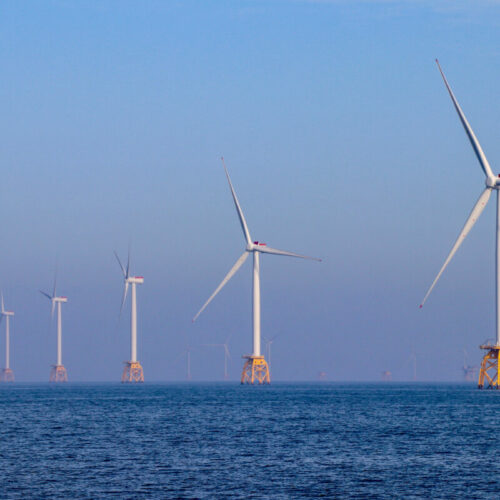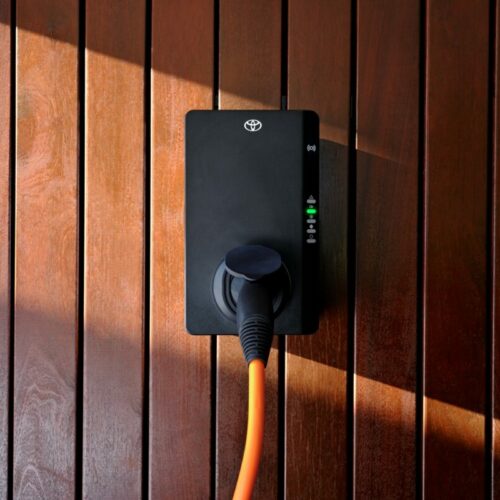EV charging infrastructure in London is to undergo a major expansion, including five flagship charging hubs, in a bid for zero emission transport by 2030.
The Mayor of London, Sadiq Khan, has laid out plans for an ‘electric revolution’ of London’s transport in line with ambitions for the capital to be one of the world’s leading zero-emission cities.
Five flagship charging hubs are to be introduced, the first of which will be operational in Square Mile by the end of 2019.
A ‘one-stop-shop’ for Londoners to request new charging infrastructure from local authorities will also be led by London councils, with the aim of making the switch to EVs easier.
Next generation ultra-rapid charging points are to be installed at London petrol stations later in the year, with 300 rapid chargers to be installed by the end of next year. There will also be a focus on expanding car clubs and bringing more vehicles to the market.
A new electric van, based on the electric black cab, has also been unveiled by the London Electric Vehicle Company, going on sale next year.
Sir John Armitt, chair of the National Infrastructure Commission, said whilst launch of the van and rapid chargers highlights the importance of EVs in improving air quality and reducing the impact of the growth in urban freight, the government should commit to a national rapid charging network.
“More action will needed– such as the ban on new diesel HGV sales by 2040 we recommended in our recent report on freight and reinforcing the electricity network – if we’re to meet the UK’s climate change targets and clean up the air in London and other cities,” Armitt added.
The ‘London EV Infrastructure Delivery Plan’ details several scenarios, predicting that the number of EVs in London could increase from 20,000 to over 330,000 by 2025. Using modelling in line with the MTS and London’s 1.5 degree plan, between 2,300 and 4,100 rapid chargers could be needed to meet demand, and between 33,700 and 47,500 slow to fast chargers.
To mitigate the strain that this would cause on the grid, the plan cites evidence from National Grid and local distribution networks that recommends better coordinated and smarter use of power networks.
The plan will be carried out by the Electric Vehicle Infrastructure Taskforce (EVIT), which brings together over 140 representatives from business, energy, infrastructure, government and the London boroughs, including energy giants Shell, SSE and UK Power Networks.
Speaking at the launch of the plan, Khan said: “We need to reject the fossil fuels of the past and embrace an electric revolution in London’s transport. To truly transform the quality of our air and to tackle the climate crisis London must move away from petrol and diesel cars, with their catastrophic impact on the environment, and towards zero- emission vehicles,”
Basil Scarsella, CEO of UKPN, said: “Through this collaborative cross industry initiative, London is leading the way in establishing the infrastructure we need to enable the low carbon transport revolution. With the vast majority of electric vehicle charging happening on the distribution network we have a duty to go above and beyond so we are proud to be supporting the Mayor of London’s vision.”





